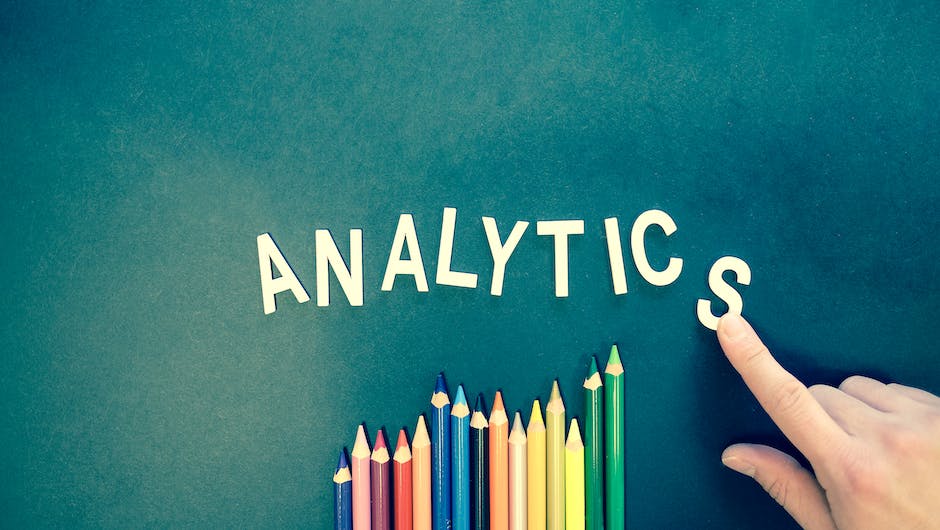The role of a business analyst is crucial for many organizations. They’re the bridge between diverse business needs and technology solutions, which means their responsibilities are both varied and significant. This guide will provide an in-depth look at potential interview questions for a business analyst position, helping you be well-prepared and confident for your next job interview.
Business analysts are expected to have solid analytical skills, clear communication abilities, and a strong understanding of business structures and IT. Therefore, it’s important to be ready to answer questions that assess these skills during your interview. Let’s begin.

Understanding the Role of a Business Analyst
A business analyst serves as an intermediary between business stakeholders and the technical team. They are responsible for identifying business needs, determining solutions to business problems, and ensuring that the requirements are met during the execution phase.
Typically, a business analyst is expected to have strong analytical skills, excellent communication, and problem-solving abilities. They should also have a good understanding of IT systems and business processes. As a business analyst, you may be required to work with different departments and teams, so adaptability and collaboration skills are also key.
Importance of the Interview Process
Interviews serve as a critical tool for employers to assess potential candidates. This is particularly true for business analyst roles, where the candidate’s ability to solve problems, communicate effectively, and handle real-life business scenarios is paramount.
During the interview, employers will not only evaluate your technical skills but also your behavioral attributes. They want to know how you approach problems, how you handle pressure, and how you work within a team. Therefore, being well-prepared for the interview can significantly increase your chances of landing the job.
General Interview Questions
First, let’s talk about the general interview questions. While these are not specific to the business analyst role, they are often used to gauge a candidate’s overall fit for the company and the team. These questions are designed to help the interviewer understand your personality, work style, and career goals. So, how do you answer them in a way that showcases your potential?
‘Tell me about yourself’
Typically, this is one of the first questions asked in an interview. It’s a broad question, but don’t let that intimidate you. It’s an opportunity to highlight your professional experience and skills that are relevant to the business analyst role. Instead of going into a long chronological narration of your resume, focus on specific experiences and skills that showcase your ability to perform as a business analyst. Remember, the goal is to communicate how your background makes you a great fit for the role.
How about providing a short career summary, then discussing your recent roles and responsibilities? And always remember to highlight any notable achievements. This is your time to shine!
‘What are your strengths and weaknesses?’
This question can be tricky, but with preparation, you can turn it into an opportunity to impress your interviewer. When discussing your strengths, choose qualities that are directly relevant to the business analyst role. For example, you may talk about your problem-solving skills, your ability to communicate complex ideas clearly, or your proficiency in data analysis software.
Now, when it comes to your weaknesses, it’s important to tread carefully. The key here is to show that you’re self-aware and committed to personal growth. Choose a real weakness, but make sure it’s not a key requirement for the role. Then, talk about how you’re working to improve in this area. For example, if public speaking isn’t your strong suit, you might discuss how you’ve been taking a public speaking course to become more comfortable in front of groups.
Technical Interview Questions
Next up are the technical interview questions. These questions are designed to assess your knowledge of the techniques and tools that are essential for a business analyst. They cover areas like data analysis, project management, and specific software tools.
While these questions can be challenging, don’t panic! The best way to prepare for them is to brush up on your technical skills and be ready to demonstrate your proficiency during the interview. Can you discuss your experiences using data to drive decisions? Are you comfortable explaining how you’ve managed projects in the past? These are the kind of responses that will impress your interviewer.
Role-Specific Interview Questions
Interview questions for a business analyst role go beyond general and technical queries. They are designed to specifically evaluate whether you have the skills, experience, and mindset that align with the role’s requirements. These questions provide an opportunity for you to showcase your understanding of the field and your ability to apply relevant skills in real-life situations. So, what kind of role-specific questions can you expect, and how should you approach them?
‘Can you explain a situation where you used data to make a decision?’
This question is a classic example of a role-specific question for a business analyst. It’s designed to evaluate your ability to use data in decision-making, a key aspect of the role. When answering, it’s important to focus on a situation where your data-driven decision had a significant impact.
Start by briefly describing the context and the challenge you faced. Then, detail the data you used, how you analyzed it, and how it led to your decision. Finally, share the outcome of your decision, highlighting the positive impact it had. Remember, the goal here is to demonstrate your data analysis skills and your ability to translate data into actionable insights.
‘Have you ever had to convince a team to work on a project they weren’t thrilled about? How did you handle it?’
This question is about your negotiation, persuasion, and leadership skills. As a business analyst, you may often find yourself in situations where you need to convince others to see things from a data perspective or to buy into a project or idea they may initially be resistant to.
When answering this question, choose an example where you successfully persuaded a team to embark on a challenging project. Start by explaining the situation and why the team was reluctant. Detail your approach to convince them, emphasizing your communication skills, empathy, and understanding of their concerns. Then, explain the strategies you used to motivate and engage them. Finally, share the outcome, focusing on the project’s success and the team’s eventual buy-in.
In answering these role-specific questions, your goal should be to demonstrate your proficiency in the core skills required of a business analyst. This includes data analysis, decision-making, and the ability to influence and lead teams. Remember, every question is an opportunity to showcase your skills and experience, so make the most of it!

Behavioral Interview Questions
Behavioral interview questions are a key part of any interview process. Why? Well, they are designed to give the interviewer insight into how a candidate behaves in certain situations. They can reveal important aspects about the candidate such as their problem-solving skills, their ability to work under pressure, their level of initiative, and their ability to work as part of a team. These questions are typically structured around real-life scenarios and require the candidate to draw from their past experiences.
For a business analyst, behavioral questions might focus on how they have handled complex projects, how they have used their analytical skills to solve a problem, or how they have navigated team dynamics. It’s crucial to prepare for these questions by reflecting on past experiences and thinking about how they demonstrate your skills and capabilities as a business analyst.
How to Prepare for a Business Analyst Interview
Preparation is a major key to success in any interview. For a business analyst interview, this involves several steps. First, research the company and the role thoroughly. Understand the company’s mission, values, and current initiatives. This will allow you to align your skills and experiences with what the company is looking for.
Next, practice your answers to common interview questions. This includes both general and role-specific questions, as well as behavioral questions. It may be helpful to use the STAR method (Situation, Task, Action, Result) when preparing your responses.
Finally, prepare some thoughtful questions to ask the interviewer. This not only shows your interest in the role and the company, but it also gives you a chance to determine if the company is a good fit for you.
Closing the Interview
How you conclude an interview can leave a lasting impression on the interviewer. It’s important to end the interview on a positive and professional note. This can be achieved by summarizing your interest in the role and your qualifications. Express your appreciation for the opportunity to interview and ask about the next steps in the process.
After the interview, it’s a good idea to follow up with a thank you email. This not only shows your appreciation, it also gives you an opportunity to reiterate your interest in the role and the value you can bring to the company. Remember, the goal of the interview process is not only to show that you are a qualified candidate, but also to demonstrate that you are a professional, enthusiastic, and committed individual.
